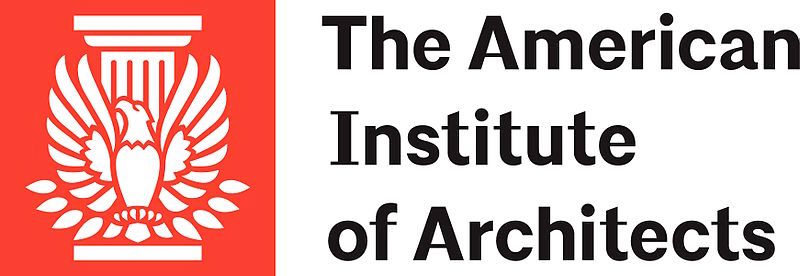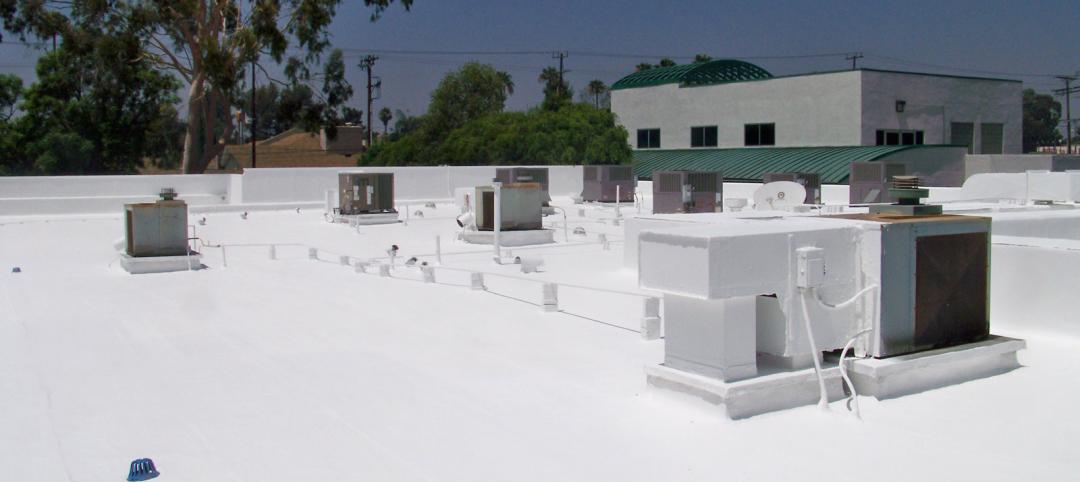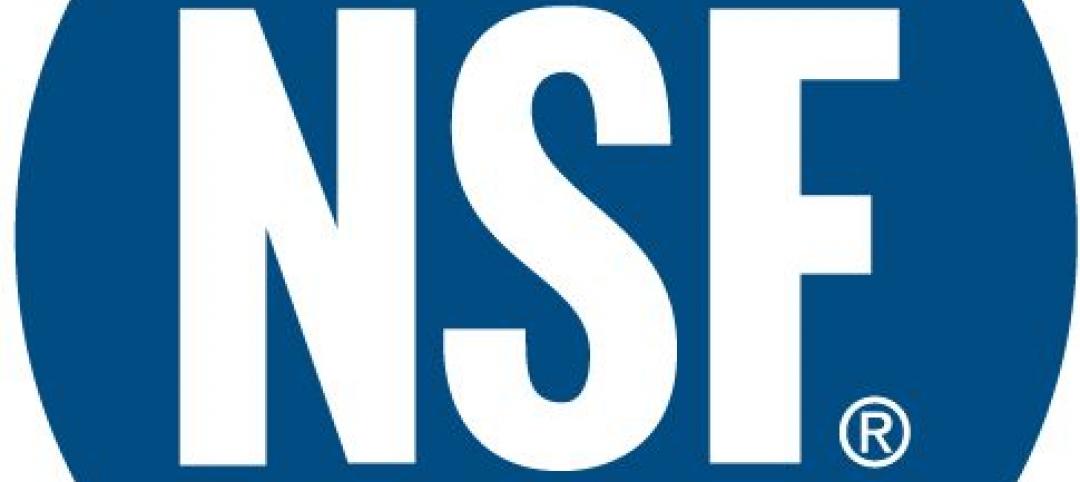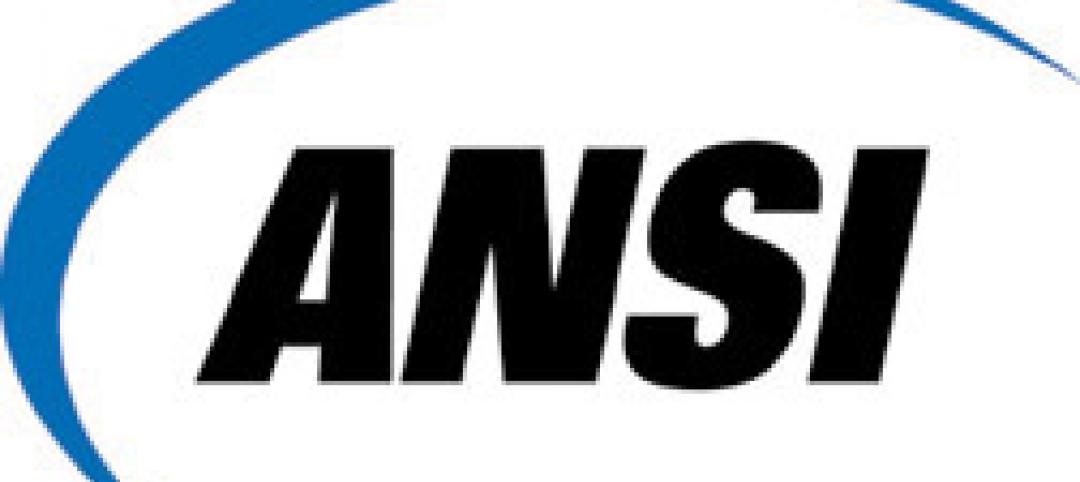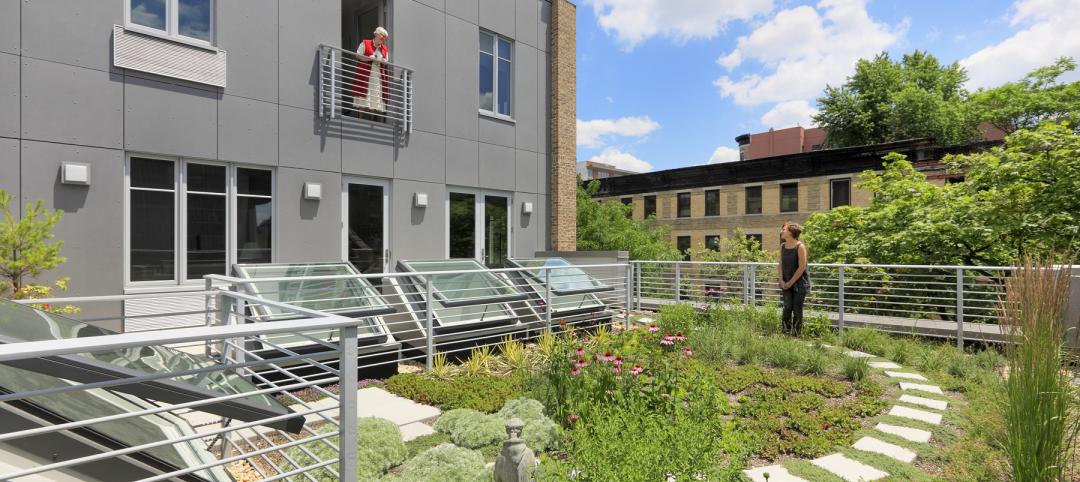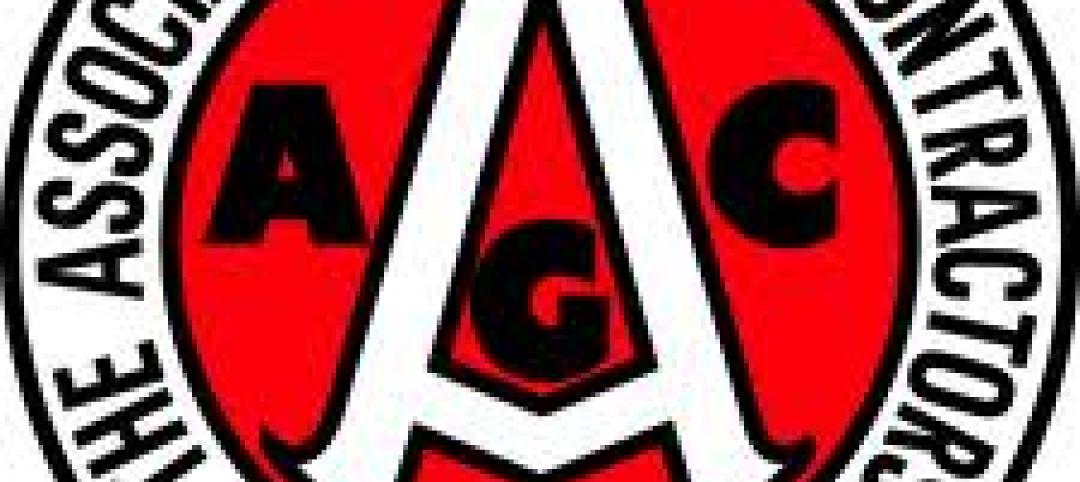The American Institute of Architects (AIA) recently released the 2017 edition of the A201 family of documents.
This release includes updated versions of the AIA’s flagship documents developed for the design-bid-build delivery model. The AIA Documents Committee updates this core set of documents every 10 years.
“It is critically important that industry professionals learn about the 2017 revisions,” says Kenneth Cobleigh, Esq., Managing Director and Counsel of AIA Contract Documents. “The changes impact the roles and responsibilities of each of the parties directly, and understanding the changes will help everyone to promptly review and finalize project contracts.”
Major owner/architect changes include:
- Single Sustainable Projects Exhibit that can be used on any project and added to most AIA contracts to address risks and responsibilities associated with sustainable design and construction services.
- Agreements contain a fill point to prompt the parties to discuss and insert an appropriate “Termination Fee” for terminations for the owner’s convenience.
- Architect is no longer required to re-design for no additional compensation if he or she could not have reasonably anticipated the market conditions that caused the bids or proposals to exceed the owner’s budget.
- Services beyond Basic Services and identified at the time of agreement are now categorized as Supplemental Services, to avoid confusing them with Additional Services that arise during the course of the project.
- Agreements clarify how the Architect’s progress payments will be calculated if compensation is based on a percentage of the owner’s budget for the Work.
Related Stories
| Jan 16, 2013
Standards that include reflective roofs must take into account local climate
Roofs painted white can reflect heat and reduce warm-weather energy use, but in cooler regions like Minneapolis or Chicago, the issue of energy-efficiency is less straightforward.
| Jan 16, 2013
New standard for geothermal heat pump systems piping to be included in 2015 International Mechanical Code
NSF International, an independent global organization that writes standards, and tests and certifies products, has published the first in a series of American National Standards for Ground-Source Geothermal Piping Systems – NSF/ANSI 358-1.
| Jan 16, 2013
ANSI passes new safety standards for reinforcing steel and post-tensioning
The ANSI A10 Accredited Standards Committee for Construction and Demolition Operations recently approved amendments to the ANSI A10.9 Concrete and Masonry Standard.
| Jan 8, 2013
Congress passes Drywall Safety Act
Congress recently passed the Drywall Safety Act; President Barack Obama is expected to sign it soon.
| Jan 8, 2013
Building-integrated PVs could help boost green standards over the next few years
A developing technology could begin to have an impact on sustainable standards over the next few years.
| Jan 8, 2013
Revamp of codes among nine low tech steps to raise community resiliency
Updating of local zoning and building codes is one of nine low-tech steps that can boost sustainability and storm resiliency, according to this article.
| Jan 8, 2013
Group releases safety and building codes from 24 countries
Public.Resource.Org released 10,062 public safety documents including building codes covering 24 countries and 6 regions.
| Jan 8, 2013
Montana developing high-performance building standards for state projects
The Montana Department of Administration is developing a single building standard for all state facilities, and hopes to have a plan in place this spring.
| Jan 4, 2013
AGC economist says "fiscal cliff" deal will give construction a boost
The deal in Congress to avoid going over the so-called fiscal cliff "should encourage many businesses to go ahead with projects they have held in reserve," said Ken Simonson, chief economist of the Associated General Contractors of America.
| Jan 4, 2013
California standards on furnishings, insulation to be revised
California is revising the state’s standards on interior furniture and insulation to maintain or improve fire safety while reducing or eliminating the use of toxic chemicals.


